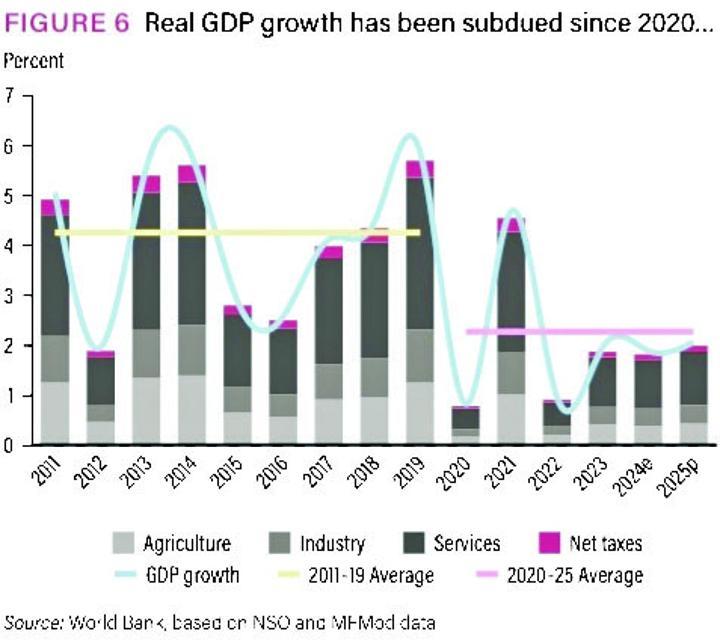Africa-Press – Malawi. Government operations suffered a revenue drop at the time expenditure needs grew in the month of May, leaving a deficit of K300 billion, more than double the previous month’s figure.
This is contained in the monthly economic review for the month of May by the Reserve Bank of Malawi (RBM).
A look at budget figures shows that there were declines in taxes, non-tax revenue and grants, which led to a 19.9 percent total revenue drop to K348.4 billion in May, from K435.1 billion in April.
The situation did not move the Treasury to reduce expenditure; instead, there were growth disbursements by 14.6 percent to K648.4 billion, driven by recurrent expenses that rose to K536 billion while development expenditure suffered a 9.1 percent decline to K112.1 billion in the review month.
“This resulted in a deficit of K300 billion, deterioration from K130.4 billion recorded in the preceding month and a deficit of K106 billion in the corresponding month last year,” the RBM report reads.
On the trade side, imports in May this year were significantly higher, at $314.6 million, $34.6 million, which was less than over $37 million the country had exported in the corresponding month last year.
The May update means the country’s five months international goods trade has resulted in a deficit of over $1 trillion.
Cumulative exports between January and May reached just $250.1 million against imports at $1.286 billion.
Meanwhile, the World Bank, in its bi-annual Malawi Economic Monitor (Mem), says the country is suffering from policy misdirection, citing price control, trade restrictions, overvalued currency and excessive domestic borrowing, among others.
It says these have affected productivity and economic standing.
The bank says despite other neighboring countries facing similar climatic and external shocks in recent years, they have recovered fast while Malawi is sinking deeper into its economic crisis, registering a drop in annual average growth from 4.1 to 2.2 percent between 2020 and 2025.
This is below the average population growth of 2.6 percent, making the poverty profile deteriorate.
Statistics also show that the foreign reserve position is not improving as recorded by May, 2025, when the economy had $521 million reserves, which was just 2.1 months of import cover.
At the same point last year, the economy had $591 million in reserves, worth covering 2.4 months of imports.
Economist Dalitso Kubalasa expressed worry that the current macroeconomic situation was deepening poverty as income levels were worsening.
He urged the authorities to stop borrowing for consumption and increase investments in productive sectors while allocating more resources to the social sectors of health and education to ensure human capital development.
For More News And Analysis About Malawi Follow Africa-Press






